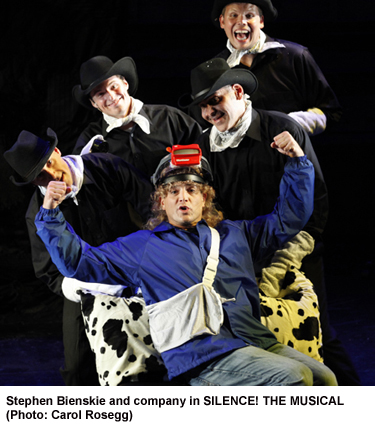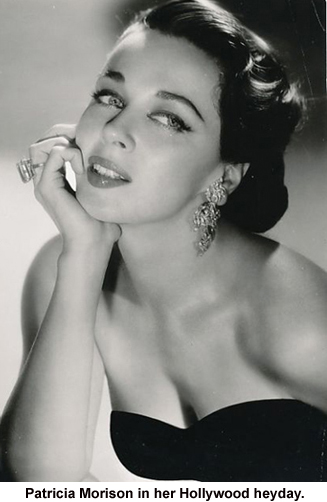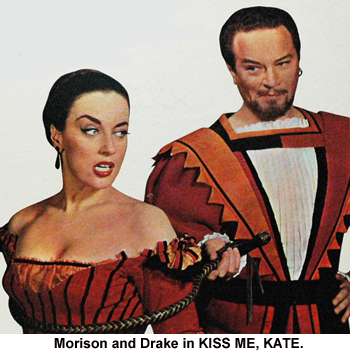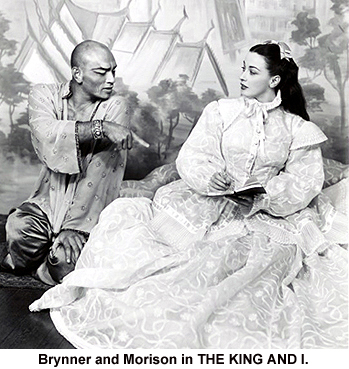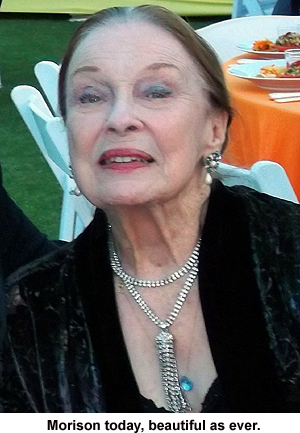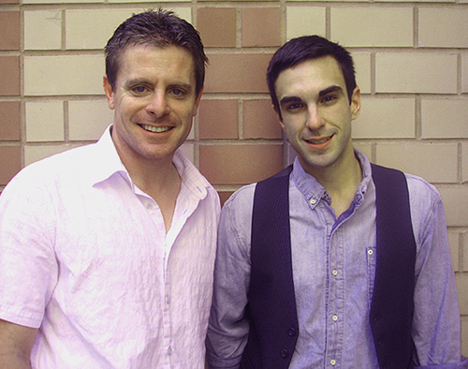
Even as gay people celebrate the achievement of marriage equality in the state of New York and the repeal of the U.S. military's ridiculous "Don't Ask, Don't Tell" policy, it's important to remember the various forms of persecution that gay men and lesbians have faced throughout history.
Heinous and despicable as such persecution was, it makes for compelling theater. A "witch-hunt" to identify and punish a group of young gay men at Harvard University in 1920 served as source material for two recent, well received plays, Veritas and Unnatural Acts. And one of the hits of the 2010 Fringe Festival in New York was The Twentieth-Century Way, Tom Jacobson's play based on a 1914 episode in Long Beach, California, in which police entrapped more than 30 homosexuals who engaged in "illicit acts."
Now, The Twentieth-Century Way is about to receive its Philadelphia premiere courtesy of the Walking Fish Theatre. I met and spoke with the two actors who comprise the cast, Thomas Raniszewski and Peter Andrew Danzig (pictured l-r in photo above), during a break in rehearsals in New York.
********************
BROADWAYSTARS: I didn't get to see The Twentieth-Century Way when it was done in the Fringe in 2010, but it won the Overall Excellence in Production Award, and I remember that there was a lot of buzz about it.
THOMAS RANISZEWSKI: It's very intense. [To Peter:] Wouldn't you say?
PETER ANDREW DANZIG: Yes. It's one of the most intense scripts I've ever read. The playwright is very good with intricacies and nuances. There's so much stuff that I didn't get until we started rehearsals. He writes these little secrets throughout the script, and you don't really get them until you delve into the process.
THOMAS: The play is very much about the dark side of human nature, in terms of how far we would go in betraying someone like us to save our own hide. In some ways, I think it's as relevant today as it was in the early 1900s, when the story takes place.
STARS: You are the only two actors in the play, so I assume you play multiple roles.
PETER: Yes. At any given moment, there might be 11 or 12 characters on stage, but with only two actors portraying them. The playwright wanted there to be a clear delineation between the characters in terms of speech and physicality, but he wanted them to flow seamlessly from one to the other. We sometimes switch characters in the middle of a sentence.
STARS: How closely is the play based on historical truth?
PETER: There were definitely undercover operations by the police in the early 20th century. Sodomy was illegal, of course -- but it was even illegal for two men to publicly show any kind of affection toward each other.
THOMAS: The play also touches on what was happening with McCarthyism in the '50s, where people in Hollywood were turning in their own friends and colleagues to save themselves and their own jobs. It's the same thing here: We have two actors who are presumably gay, who are hired by the police to bait and entrap other gays.
STARS: What sources did the author draw from in writing the play?
PETER: I believe it's based on newspaper articles that loosely described what happened, and also on discussions that the playwright had with people who had heard stories about actual events. Men were arrested for "social vagrancy," and they would lose their jobs.
THOMAS: We're talking about a very specific time period, right before and at the beginning of World War I.
STARS: Is it historically accurate that some of the men hired by the police to entrap gay men were actors?
PETER: I think that's a mechanism the playwright used. He found it interesting to introduce that into the story.
THOMAS: There was an actual incident in 1914 in Long Beach, but other than a few mentions of it in the newspapers, there's not a lot of detailed information to be found. We've had discussions as to whether or not the men who were hired to bait the homosexuals were gay themselves. There are a lot of gray areas in the play, a lot of questions that are left unanswered.
PETER: The thing is, the men who were hired to entrap these gay men in changing rooms or public restrooms would actually engage them in some sort of homosexual act, so there was a line they had to cross.
STARS: Occasionally, I still read about that kind of thing happening today.
THOMAS: Yes. Just a few years ago, I think it was in New Jersey somewhere, there was a park where police were entrapping homosexuals. And about four or five years ago in Cape May, where there's a nude beach, there were park police in plainclothes who would try to entice guys into the dunes, and then they'd arrest them.
PETER: But that kind of entrapment doesn't and didn't only happen in public situations. In the play, there's a scene where the police break into a private home. One of the characters says, "Where's your warrant?" But the police didn't care about that. They went ahead with the raid, whether they had a warrant or not...
THOMAS: ...and whether the men had done anything or not. Some of them were just guilty by association. There were and are still so many people who have to live within the limits that society sets for being gay.
PETER: It's so interesting that the playwright has two actors entrapping these men. He makes the point that it's not easy to love an actor because they're always playing somebody else; they have this gamut of emotions to draw from at any time, but sometimes it's hard for them to be who they really are. He correlates that with gay men who just can't be who they are. Our director is constantly bringing home the playwright's point that all of these men are wearing masks.
THOMAS: "Everyone's life is an improvisation, every relationship a masquerade." That's the line.
STARS: As far as the entrapment and harassment are concerned, it's hard to understand why people spend so much time and effort on that sort of thing.
THOMAS: My mother always told me, "Anybody who goes to an extreme to persecute another person has something to hide." I've found that to be true.
STARS: Before I let you guys go, I should ask what the title of the play means.
PETER: "Twentieth-century acts" was a code phrase of the time, referring to "unnatural acts" -- specifically, oral sex.
STARS: As if no one ever exhibited such behavior before the modern era. Hadn't they heard of the Greeks?
THOMAS: Exactly. There's a line in the play where someone says, "Fellatio was only christened with a formal Latin name in 1893, but the practice was well known throughout recorded history."
PETER: There's another line where a newspaper editor says, "We can't print the word 'penis' in The Sacramento Bee!" If they couldn't use the word 'penis,' they certainly weren't going to write about fellatio. So they came up with phrases like "twentieth-century acts," "vagrant acts," "indecent acts." It's similar to that Harry Potter thing, "He who must not be named." People wanted homosexuality to go away, and the quickest way to get it to go away was to give it a general name and sweep it under the rug.
[For more information on The Twentieth-Century Way, or to purchase tickets, visit Walking Fish Theatre or call 215-427-9255.]
